Providing an interdisciplinary approach with strong essence and ethics of the Engineering branch, the Department of Basic Sciences is dedicated to foster the understanding of basic scientific principles to young learners. The Department offers several UG and research programs and is fully equipped to meet the demands of the dynamic world of technology. With well-versed faculty and resources, the Department of Basic Science has been conducive in conferring a model of development through numerous innovative programs, research initiatives, industry-institute partnerships to name a few. Furthermore, the Department aims to deliver the best for society by imparting quality education to stimulate the spirit of inquiry in the students, a passion to acquire skills, knowledge to enrich their lives to widen their intellectual and entrepreneurship qualities.
To be a premier institute for addressing the challenges in global perspective.
M1: Nurture students with professional and ethical outlook to identify needs, analyze, design and innovate sustainable solutions through lifelong learning in service of society as individual or a team.
M2: Establish state-of-the-art Laboratories and Information Resource centre for education and research.
M3: Collaborate with Industry, Government Organization and Society to align the curriculum and outreach activities.
1. Engineering Knowledge:
Apply the knowledge of mathematics, science, engineering fundamentals, and an engineering specialization to the solution of complex engineering problems.
2. Problem Analysis: Identify, formulate, review research literature, and analyze complex engineering problems reaching substantiated conclusions using first principles of mathematics, natural sciences, and engineering sciences.
3. Design/development of Solutions: Design solutions for complex engineering problems and design system components or processes that meet the specified needs with appropriate consideration for the public health and safety, and the cultural, societal, and environmental considerations.
4. Conduct Investigations of Complex Problems: Use research-based knowledge and research methods including design of experiments, analysis and interpretation of data, and synthesis of the information to provide valid conclusions.
5. Modern Tool usage: Create, select, and apply appropriate techniques, resources, and modern engineering and IT tools including prediction and modeling to complex engineering activities with an understanding of the limitations.
6. The Engineer and Society: Apply reasoning informed by the contextual knowledge to assess societal, health, safety, legal and cultural issues and the consequent responsibilities relevant to the professional engineering practice.
7. Environment and Sustainability: Understand the impact of the professional engineering solutions in societal and environmental contexts, and demonstrate the knowledge of, and need for sustainable development.
8. Ethics: Apply ethical principles and commit to professional ethics and responsibilities and norms of the engineering practice.
9. Individual and Team Work: Function effectively as an individual, and as a member or leader in diverse teams, and in multidisciplinary settings.
10. Communication: Communicate effectively on complex engineering activities with the engineering community and with society at large, such as, being able to comprehend and write effective reports and design documentation, make effective presentations, and give and receive clear instructions.
11. Project Management and Finance: Demonstrate knowledge and understanding of the engineering and management principles and apply these to one’s own work, as a member and leader in a team, to manage projects and in multidisciplinary environments.
12. Life-long Learning: Recognize the need for, and have the preparation and ability to engage in independent and life-long learning in the broadest context of technological change.
1. Engineering Knowledge:
Apply the knowledge of mathematics, science, engineering fundamentals, and an engineering specialization to the solution of complex engineering problems.
2. Problem Analysis: Identify, formulate, review research literature, and analyze complex engineering problems reaching substantiated conclusions using first principles of mathematics, natural sciences, and engineering sciences.
3. Design/development of Solutions: Design solutions for complex engineering problems and design system components or processes that meet the specified needs with appropriate consideration for the public health and safety, and the cultural, societal, and environmental considerations.
4. Conduct Investigations of Complex Problems: Use research-based knowledge and research methods including design of experiments, analysis and interpretation of data, and synthesis of the information to provide valid conclusions.
5. Modern Tool usage: Create, select, and apply appropriate techniques, resources, and modern engineering and IT tools including prediction and modeling to complex engineering activities with an understanding of the limitations.
6. The Engineer and Society: Apply reasoning informed by the contextual knowledge to assess societal, health, safety, legal and cultural issues and the consequent responsibilities relevant to the professional engineering practice.
7. Environment and Sustainability: Understand the impact of the professional engineering solutions in societal and environmental contexts, and demonstrate the knowledge of, and need for sustainable development.
8. Ethics: Apply ethical principles and commit to professional ethics and responsibilities and norms of the engineering practice.
9. Individual and Team Work: Function effectively as an individual, and as a member or leader in diverse teams, and in multidisciplinary settings.
10. Communication: Communicate effectively on complex engineering activities with the engineering community and with society at large, such as, being able to comprehend and write effective reports and design documentation, make effective presentations, and give and receive clear instructions.
11. Project Management and Finance: Demonstrate knowledge and understanding of the engineering and management principles and apply these to one’s own work, as a member and leader in a team, to manage projects and in multidisciplinary environments.
12. Life-long Learning: Recognize the need for, and have the preparation and ability to engage in independent and life-long learning in the broadest context of technological change.
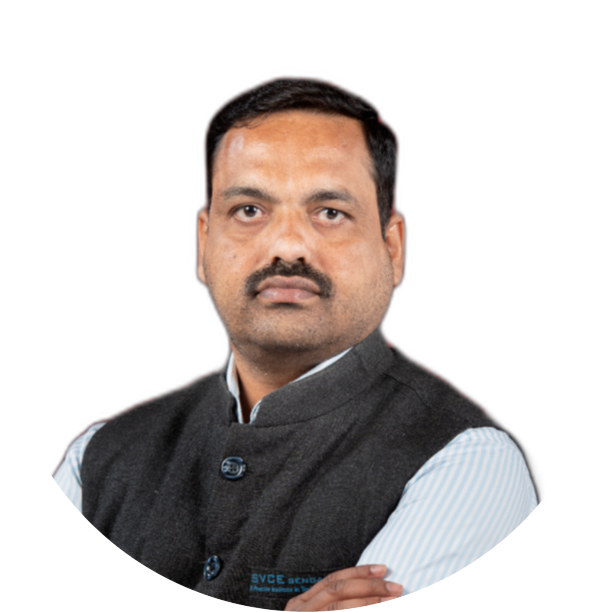
Professor & HOD
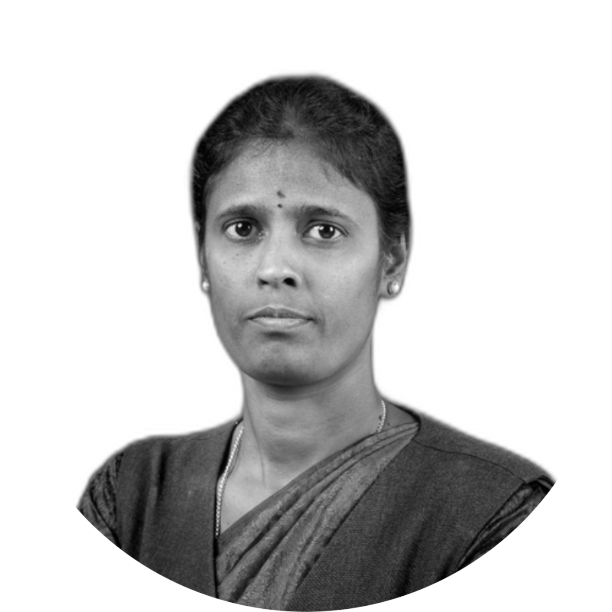
Assistant Professor
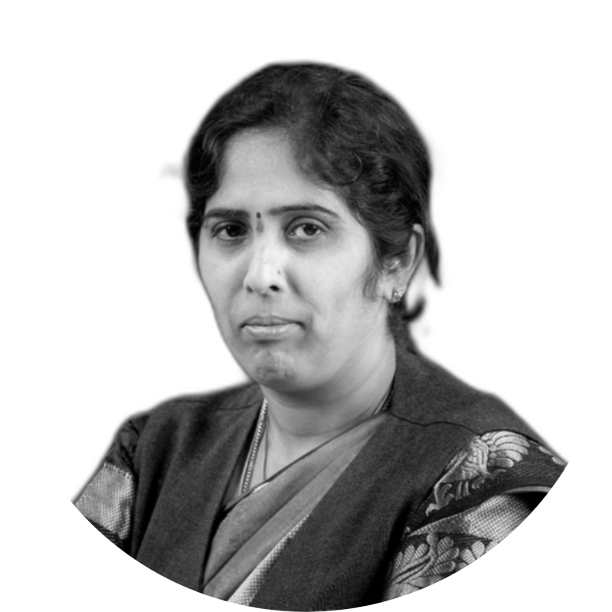
Assistant Professor
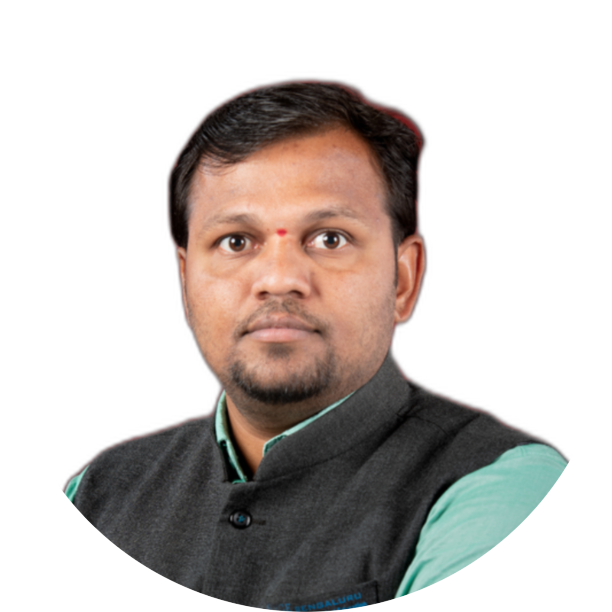
Assistant Professor
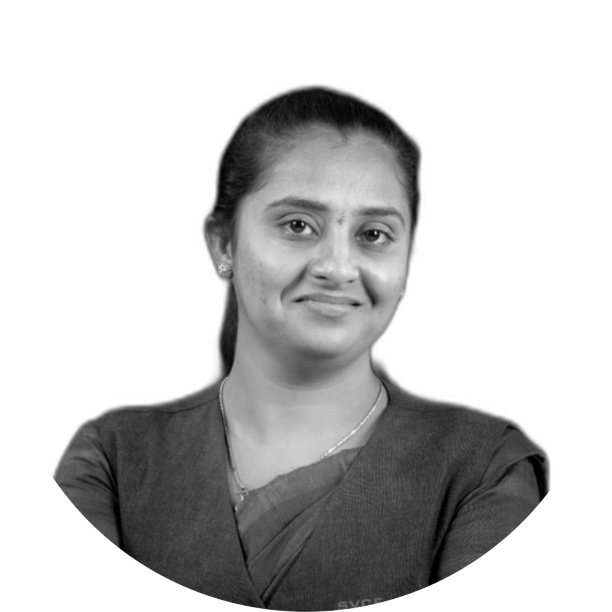
Assistant Professor
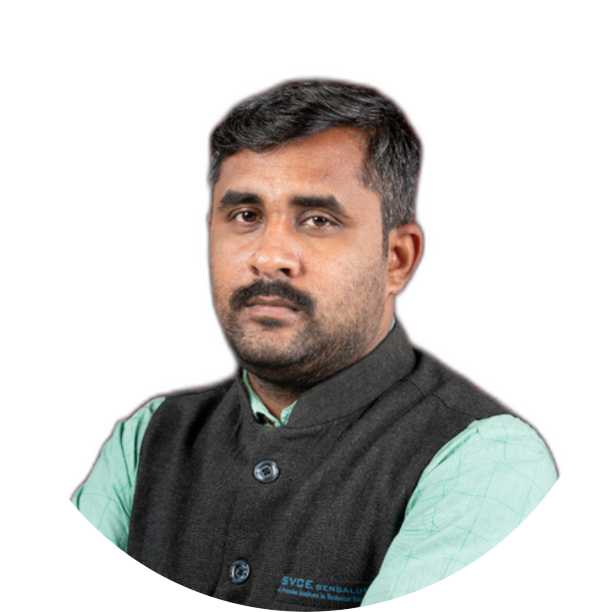
Assistant Professor

Assistant Professor
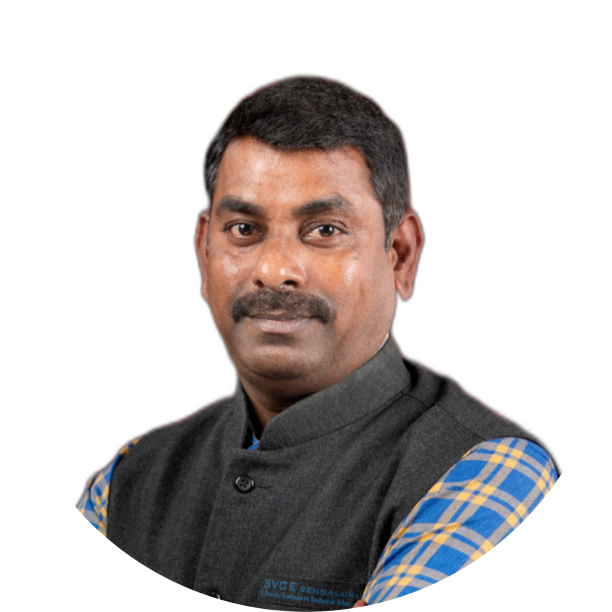
Associate Professor
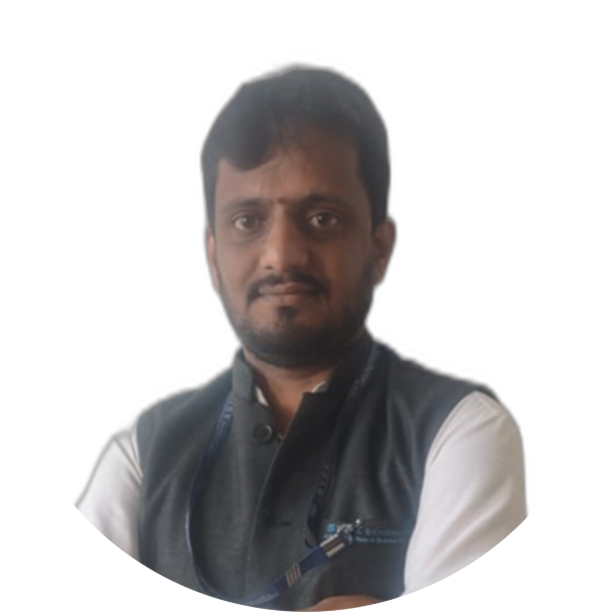
Assistant Professor
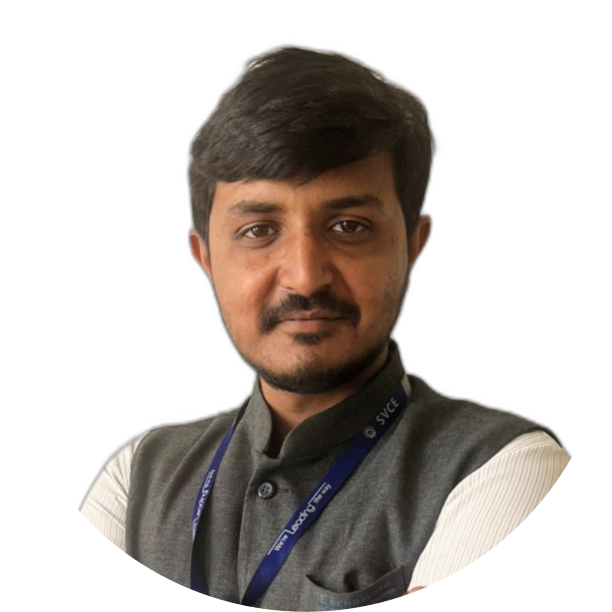
Assistant Professor
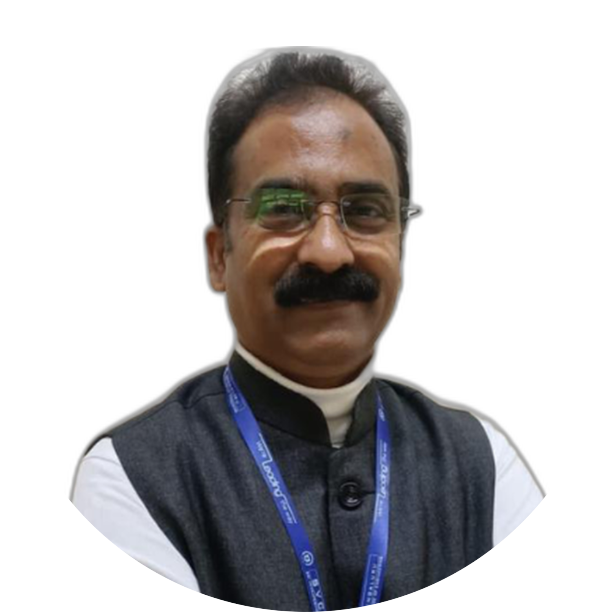
Assistant Professor
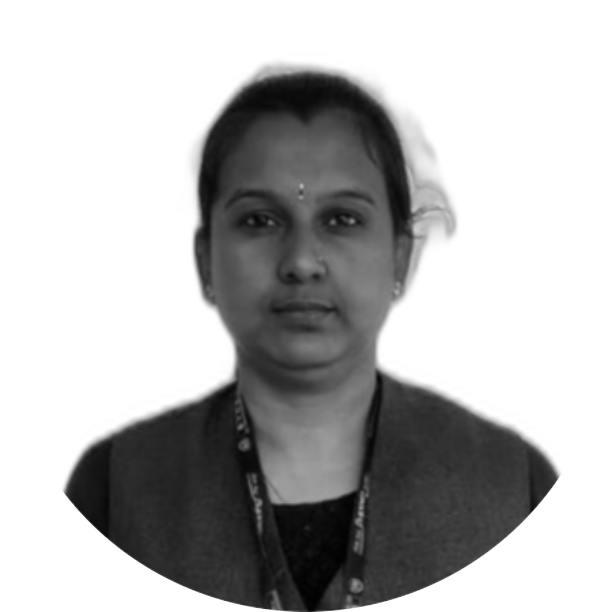
Assistant Professor
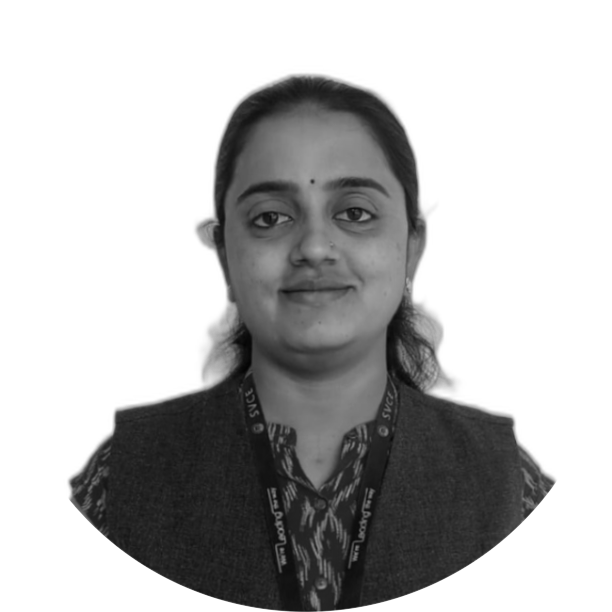
Assistant Professor
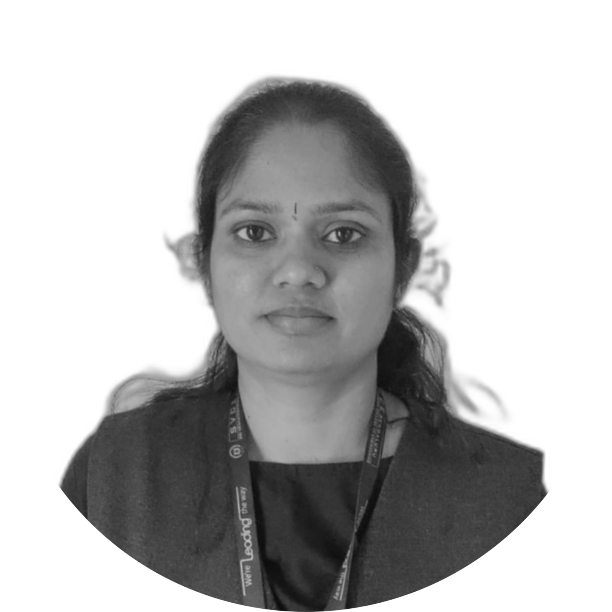
Assistant Professor

Assistant Professor
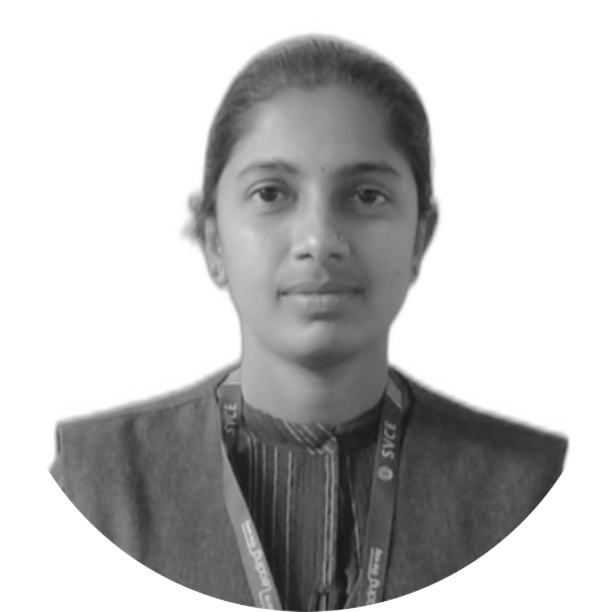
Assistant Professor
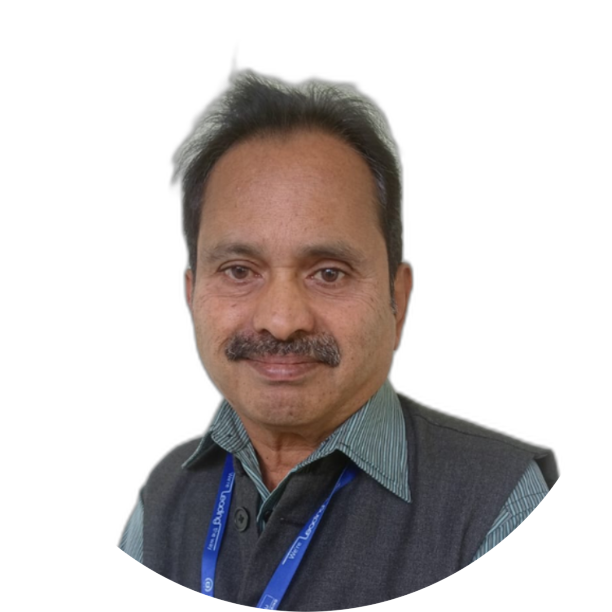
Assistant Professor
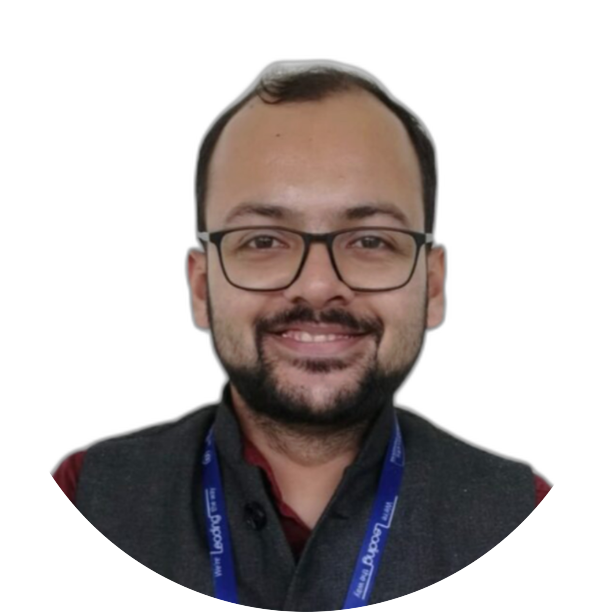
Assistant Professor
Sri Venkateshwara College of Engineering (SVCE) Vidyanagar, Kempegowda International Airport Road, Bettahalsoor Post Chikkajala Bengaluru North Taluk, Bengaluru Urban District Karnataka – 562157.
|
Type
|
Degree
|
DMS
|
|---|---|---|
|
Latitude
|
||
|
Longitude
|